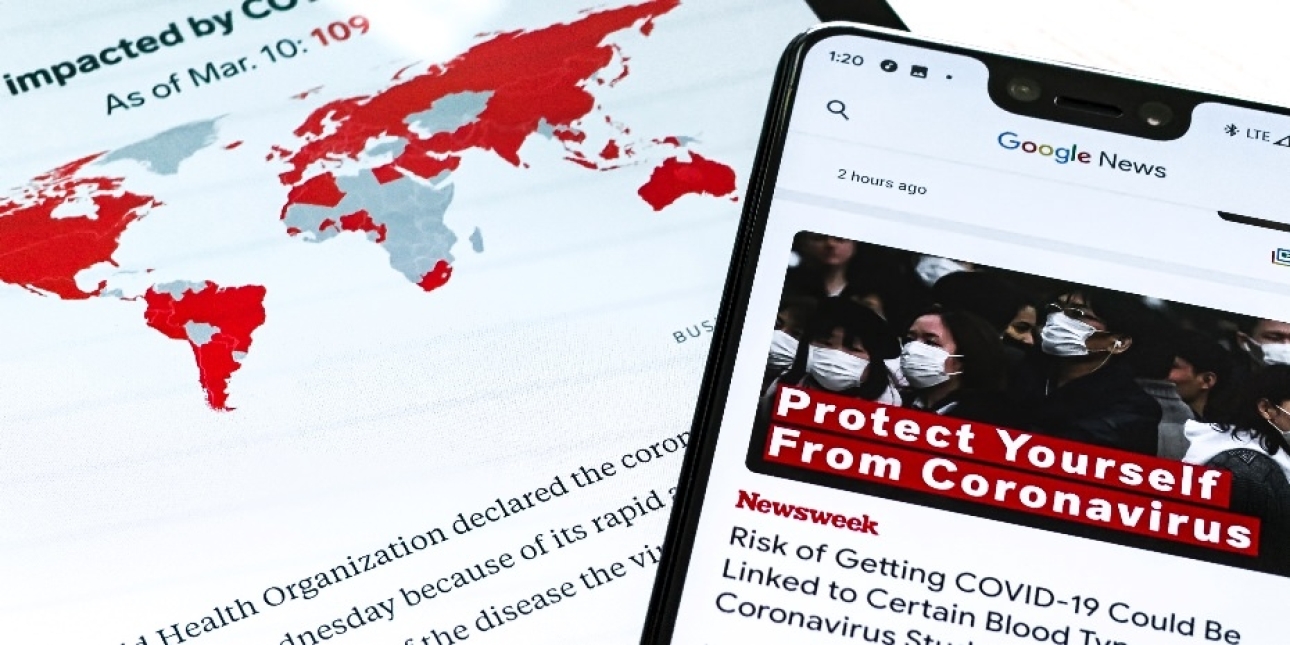PUBLIC RELATIONS
Thursday 2nd April 2020
Is the coronavirus a crisis, disaster or emergency?
According to Muckrack’s Trends research tool, here’s what the media have been using over the past year:

These three terms are closely related and overlap significantly, yet each has its own distinct meaning and implications.
- A crisis is an issue or event that invites unwanted external scrutiny, seriously impacts an organisation’s ability to do business, and jeopardises its reputation. There are many types of crises (and non-crises); research shows most crises stem from management weaknesses.
- An emergency is an unplanned event such as fire, flood, evacuation, violent crime or fatality that affects an organisation locally and requires immediate action. The impact of an emergency is generally limited to the initial event itself.
- A disaster is a severe situation that affects broader society and which has the potential to interrupt business operations on a longer-term basis. Examples include an earthquake, a tornado, a major flood or power outage, or a serious health pandemic.
Despite the coronavirus technically classifying as a disaster, it is no surprise that journalists and commentators prefer the term crisis given it is media shorthand for pretty much anything that goes or can go wrong.
Blurred boundaries
Yet the boundaries between crisis, emergency and disaster are less straightforward than they first appear.
The coronavirus may be a disaster for health organisations and inter-governmental organisations, but it is also resulting in serious crises for companies shut down by government decree or mishandling how they manage their response.
And a really serious crisis resulting in significant environmental, social, economic or geo-political damage – think BP Deepwater Horizon – is often termed a disaster (‘a crisis with a bad ending’), or even a catastrophe.
Communicators beware
Crisis teams and communicators, however, should take real care with their terminology. Planning and responding to serious negative events requires precision with what words mean and imply.
A health pandemic necessitates a different response to a workplace fatality or data privacy breach. Different teams are often involved, and each scenario demands different policies, protocols and messages. Activating the wrong plan can be disastrous.
While COVID-19 is growing exponentially, it is no emergency, no matter what the media says. But it is a crisis for some organisations and a disaster for others.
And for a few, it spells catastrophe.
Photo by Obi Onyeador on Unsplash

